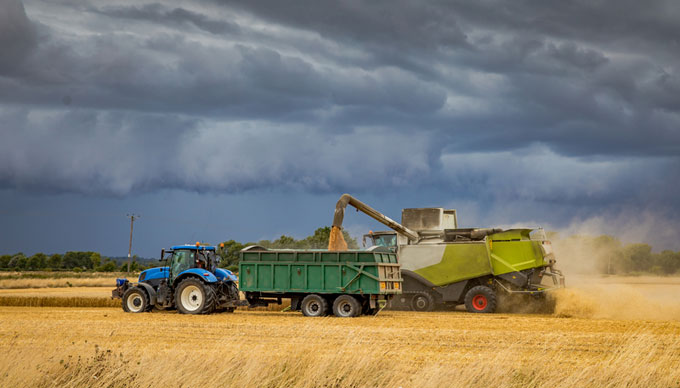Climate Change Impacts on Food Supply Chains and Diet Quality
Climate change is a global issue that affects us all, but the impacts are felt most severely in rural communities. A new study from the University of Sydney has found that climate change and extreme weather events can have a cascading effect on food supply chains, leading to job and income losses, reduced nutrient availability, and poorer diet quality.
The research found that rural communities are the most adversely impacted by climate change, as they are less able to buffer against supply shocks. This can lead to localized food price increases and diminished food quality, with poor households faring worse than affluent counterparts.
The study also found that the impacts of climate change can be felt in distant regions due to the complex interconnectivity of modern supply chains. This means that a localized disaster (such as a cyclone in Queensland) can impact every other Australian state, resulting in losses across primary, secondary and tertiary sectors.
The authors developed an integrated modeling framework to trace how reductions in food supply have impacts on non-food sectors, such as transport and services. This framework could be used to inform decision-making processes by governments and other organizing bodies, so that communities and organizations can be better prepared for the impacts of climate change.
It is clear that climate change is having a devastating effect on food supply chains, with far-reaching consequences for jobs, income, and diet quality. It is vital that we understand these impacts so we can build a more resilient society and ensure that everyone has access to healthy and equitable diets.


This is a really important issue that we need to be addressing. I’ve seen first-hand the devastating effects of climate change on food supply chains and it’s essential that we take steps to protect vulnerable communities from these impacts.
It’s great to see research being conducted to help us understand the impacts of climate change on food supply chains and the people who depend on them. I hope this research can be used to inform policy decisions that protect people from the worst effects of climate change.
Esta investigación es muy importante para ayudar a entender cómo el cambio climático afecta a las cadenas de suministro de alimentos. ¿Cómo se pueden tomar medidas para proteger a las comunidades más vulnerables?
That’s a great framework to trace the impacts of climate change. I’ve seen similar models used in the past to great success. It’s great to see this research being done to help us prepare for the impacts of climate change.